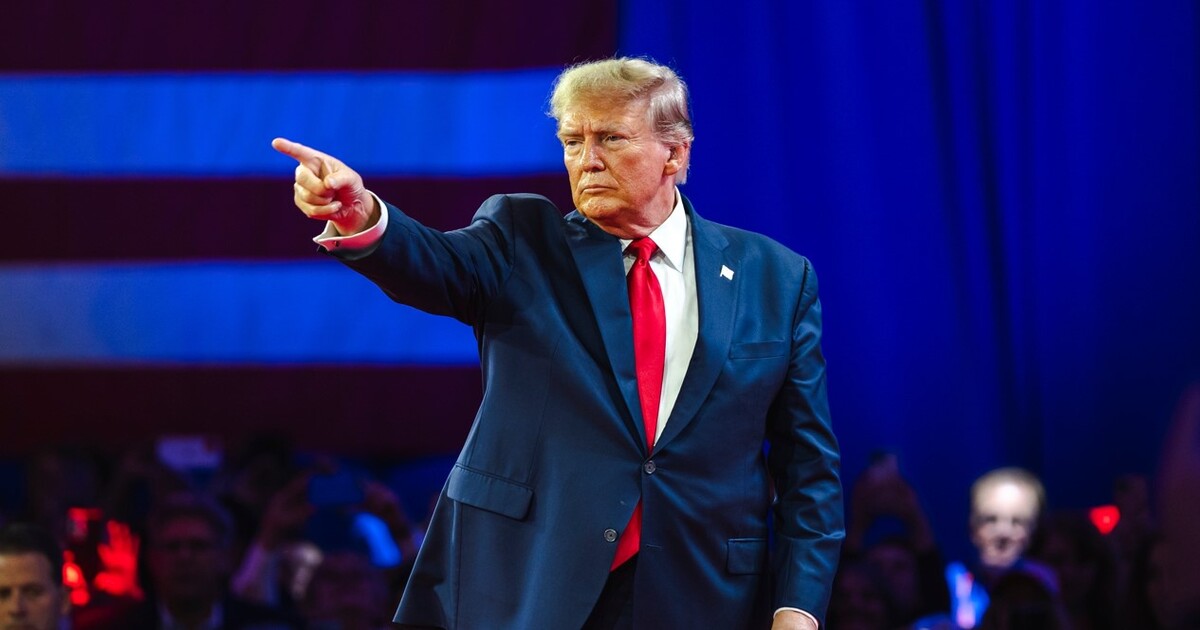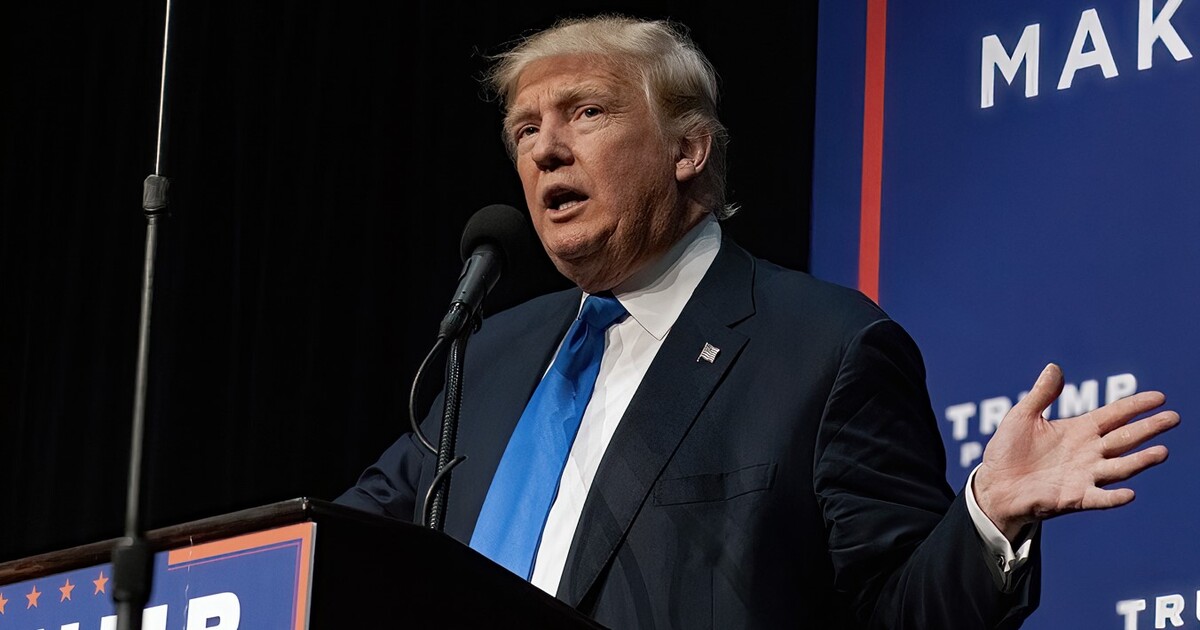21st Century America’s Perverse Desire for an Absolute Monarch
While Europe has distanced itself from its earlier monarchical traditions, the U.S. retains a political system which grants the President many traits of a monarch to this day.
November 4, 2024

A Strategic Assessment Memo (SAM) from the Global Ideas Center
You may quote from this text, provided you mention the name of the author and reference it as a new Strategic Assessment Memo (SAM) published by the Global Ideas Center in Berlin on The Globalist.
Whatever the faults of politics in Europe, the parliamentary systems of Europe have successfully distanced themselves from their nations’ earlier monarchical traditions. They have relegated kings and queens to the society pages of tabloids.
In contrast, in the the United States, the presidency retained many traits of a monarchy to this day.
An ironic choice
For a long time, this was seen as an ironic choice, given the United States’ by comparison truly democratic roots. Very soon, with the possible election of Donald Trump to become the 47th President of the United States, this choice may come to be seen as a disastrous one.
What is often overlooked even by presumable political experts is that the U.S. system of government, when compared to most other advanced nations, is weak when it comes to protecting its smooth functioning.
Indeed, its antiquated, if not outdated constitution relies on two critical factors – first, the wisdom of the public and, second, the goodwill or rather self-restraint of the officeholder to resist the lure of autocratic government.
The odds for that wisdom to persist have been dimming over the past two years. We have been watching former President Donald Trump, an undisciplined hyper-populist who – thanks to his media savvy, which he displays in a highly abusive fashion – continues to divide his country into friends and foes. Never mind his musings about being a dictator for a day if he were re-elected in November.
Few European monarchs of old, short of the insane asylum, have postured more complacently and cocksure of himself or herself. That is a remarkable achievement on Trump’s part, nearly 250 years after the Declaration of Independence was signed.
Division undermines democracy
This development – along with the self-emasculation of the Republican Party, once a proud citadel of the American Republic – matters greatly because the president of the United States is vested with immense military powers, reprieves and pardons.
Especially in light of the U.S. Supreme Court’s recent (in)famous decision on presidential immunity, the issue of executive privilege has taken on new significance.
Executive privilege is “the principle that members of the executive branch of government cannot legally be forced to disclose their confidential communications when such disclosure would adversely affect the operations or procedures of the executive branch.”
To Donald Trump, predictably enough, that power is limitless. It extends to all his acts, official or not, criminal or not.
Individual concern
Democracies, whether in Europe, the United States or elsewhere, are obviously not foolproof. Their promise to preserve individual freedom depends on the benevolence of their constituencies to uphold them.
Martin Luther King had it right: “Human progress is neither automatic nor inevitable, (it depends on) the tireless exertions and passionate concerns of individuals.”
Voters in a functioning democracy have learned to entrust the personnel they select to represent them for a limited time in office. If politicians fail to satisfy the electorate or encounter legal issues, they can generally be replaced without destabilizing the system as a whole.
Or so one would assume. However, this implies a public that expects to take back responsibility on a regular basis and thereby indirectly calls for an informed, active and vigilant citizenship.
Neglecting responsibility
However, if segments of the public believe – as all MAGA Republicans do – that they can entirely delegate their individual responsibilities toward their political system to others who claim to know better and promise to take care of everything, the democratic system may well come to an end.
In such a regime of democratic self-abandonment, in quick succession the populist gives way to the strongman, who may then be succeeded by another, and so on.
This process continues as long as the body politic does not throw a monkey wrench into this self-fulfilling prophecy or some outside disaster changes the setting.
Rise of the strongman
Trump’s original move in 2015 and 2016 was to hijack the Republican Party by virtue of conducting his candidacy for president deliberately outside the party’s traditional framework.
His populist and revanchist stance has made establishment Republicans wary of opposing him, no matter what.
For that reason, the bitter rift over the events of January 6, 2021, between those who believe it happened for a reason and those who call it an insurrection, continues to divide the United States to this day.
Populism: By, for and of the rabid people
Populists uniquely reflect those who support them, inevitably seeking exclusive powers as soon as the opportunity arises. By design, populists do not have a democratic disposition.
Their aim is unrestrained control of politics whether for a limited timespan or to an incomplete degree. They are buoyed by individuals who wish to divest themselves of responsibility and have someone as a leader to do their bidding.
Conclusion
Trump-style populist politics turns reality on its head by claiming to be exclusively “of the people, for the people and by the people,” while resolutely turning any opponents into enemies of freedom.
This can turn toxic if “shepherded” by a racist demagogue such as the 45th President of the United States.
On its active and its passive side, populism’s key issue is defiance.
Takeaways
Europe has distanced itself from monarchy. Not so the United States — nearly half its population seems prepared to grant Trump absolute power.
While Europe has distanced itself from monarchy, the U.S. retains a political system which grants the President many traits of a monarch to this day.
Trump’s original move was to hijack the Republican Party by virtue of conducting his candidacy for President deliberately outside the party’s traditional framework. His populist stance has made establishment Republicans wary of opposing him, no matter what.
Trump-style populist politics turn reality on its head by claiming to be exclusively of the people, for the people and by the people, while making opponents appear to be the enemies of freedom. Populism’s key issue is defiance.
The bitter rift over the events of January 6, 2021, between those who believe it happened for a reason and those who call it an insurrection, continues to divide the U.S. to this day.
A Strategic Assessment Memo (SAM) from the Global Ideas Center
You may quote from this text, provided you mention the name of the author and reference it as a new Strategic Assessment Memo (SAM) published by the Global Ideas Center in Berlin on The Globalist.


